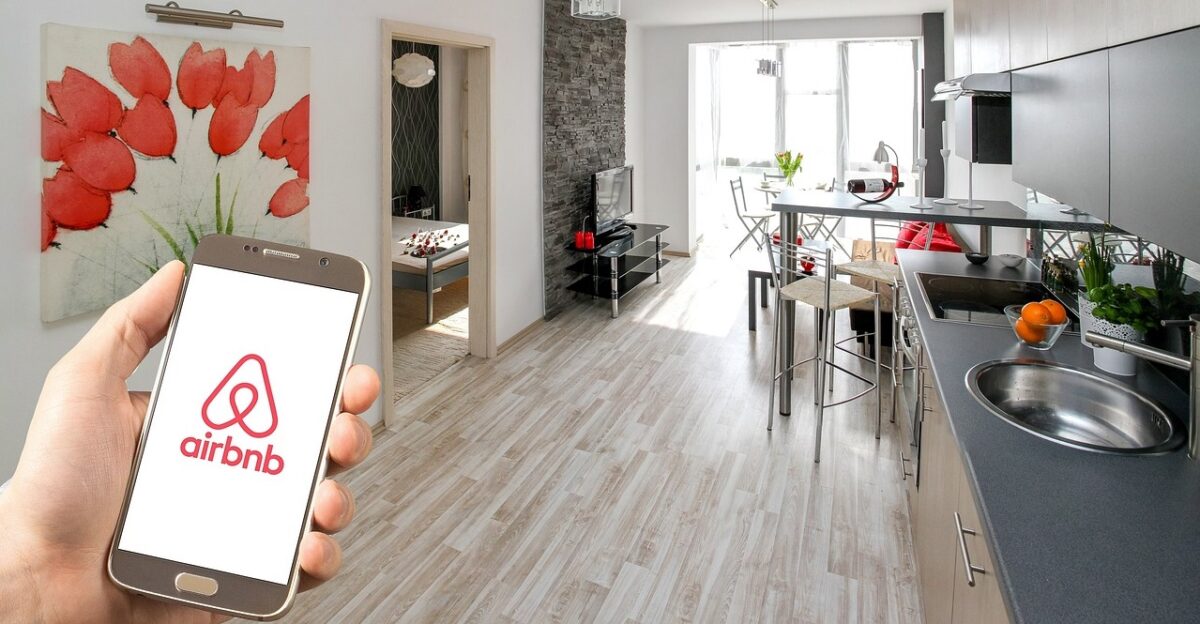The lack of long-term rental housing in Donegal’s Gaeltacht is in the spotlight, after a summer study found 225 houses on Airbnb while only three houses appeared on Daft.ie for long-term rent.
More specifically, in the north Donegal Gaeltacht, 42% of the housing supply in those areas are made available for rent on the likes of Airbnb, available for short-term rental for tourists who are coming into the area.
Tomorrow night on TG4, investigative current affairs series Iniúchadh TG4 examines the housing crisis in the Gaeltacht. The programme ‘Níl Aon Tinteán’ presented by investigative journalist Kevin Magee More reveals that more than 1,000 houses were listed on Airbnb for short term let in Ireland’s Gaeltacht regions this summer, but less than ten houses were available for long-term rental.
The increase in the number of short-term lets and the proliferation of holiday homes has led to a shortage of long-term rental accommodation in the Gaeltacht, which is forcing locals to seek accommodation elsewhere.
Kevin Magee travelled from one Gaeltacht region to another, he heard similar stories from young people who can’t get planning permission or find a suitable place to live in the Gaeltacht.
Research carried out by Dr. Séin Ó Muineacháin for Údarás na Gaeltachta shows that on average almost a fifth of homes in the Gaeltacht are holiday homes with the proportion increasing in some Gaeltacht areas. “When we look at the housing supply in the Gaeltacht, what stands out is that almost one fifth of those houses are only used as holiday homes. Almost 20% of the housing supply in those areas are made available for rent on the likes of Airbnb, available for short-term rental for tourists who are coming into the area.”
Kevin Magee travels to Wales to look at how Gwynedd Council has dealt with the problem of short-term lets that make it difficult for Welsh speakers to afford homes in Welsh speaking areas. “The biggest problem is that young people can’t afford to live in their own communities. As a result, they have to go and live in England and they are no longer living their lives in Wales and not speaking Welsh, and bringing their children up to speak Welsh,” said Beca Roberts, Plaid Cymru chair of Gwynedd council. Second homeowners in Gwynedd already pay more council tax than permanent residents, and from this month, anyone who buys a house in Gwynedd and wants to change it into a second home or an Airbnb will have to get planning approval from the council. “People are starting to think twice before buying a second home or an Airbnb. We have seen houses come onto the market as a result,” she said.







